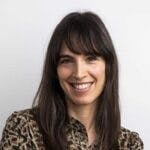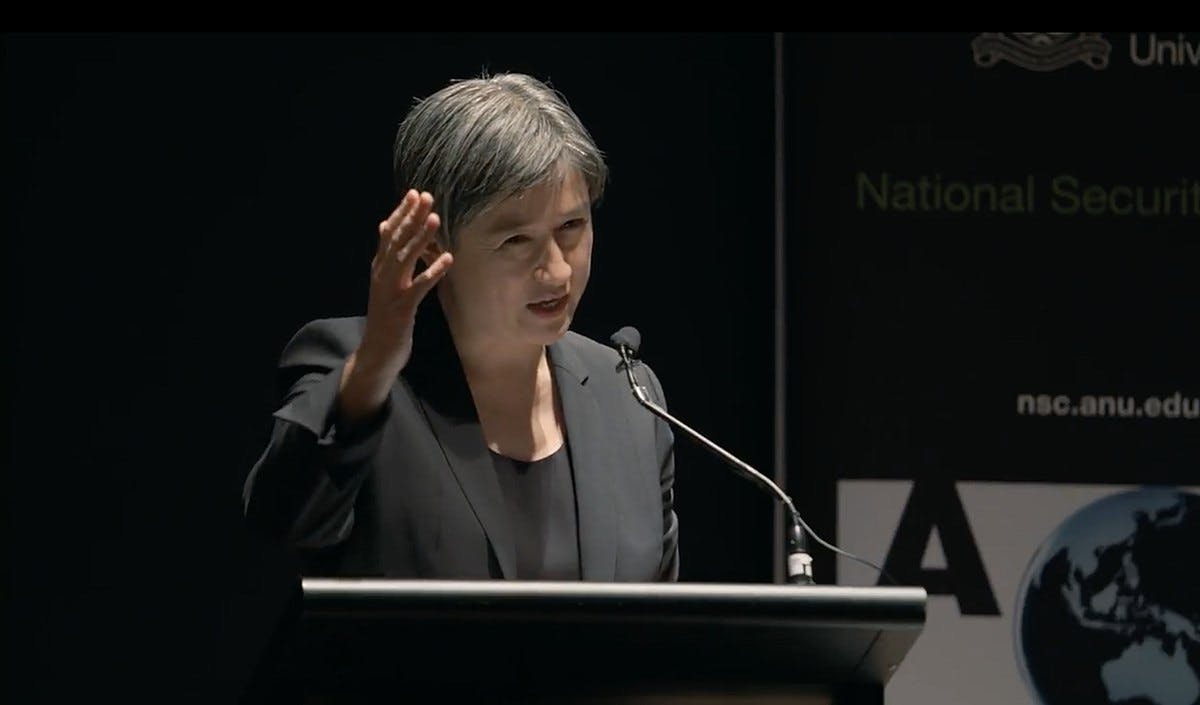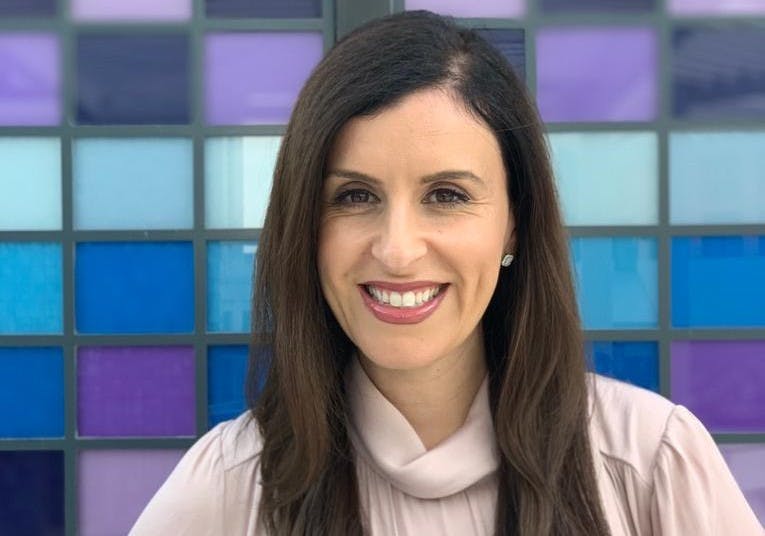Published: 7 August 2017
Last updated: 4 March 2024
As Rabbi Zalman Kastel walks into the chic restaurant in Sydney’s CBD, a young woman glances at him just a little bit too long, the way you do when you spot someone at a party who you’re not sure you approve of.
But Kastel, a Chabad rabbi sporting a full beard and a black kippa, doesn’t notice. Because the rabbi, who has devoted a third of his life to building bridges between faith communities who have often been at odds, is too busy regaling me with stories about his former prejudices.
“I had no problem with equating black sort of burglars and muggers with blacks as a whole, OK?” he says, staring straight at me.
Kastel is speaking of how he viewed his African American neighbours, in the Crown Heights section of Brooklyn, New York, when he was a child growing up there, and continuing into his 20s.
He also thought of the local priest, from the church down the road, as “an arch villain who must’ve hated Jews, [though] I had never met him.” And the Muslim community? “It was just another exotic world, with no texture, no character, no depth, no diversity.”
They’re not the sort of admissions you expect to come tripping off the tongue of a person who has devoted a third of his life to boosting interfaith relations and tolerance.
Since co-founding the not-for-profit organisation now known as Together for Humanity (TFH) 16 years ago, Rabbi Kastel, 47, and his staff have facilitated discussions with more than 100,000 schoolchildren across Australia. In order to encourage the students, their teachers – and other adults – to question their prejudices, he introduces them to a wide variety of speakers. These have included a Muslim social worker from Somalia, a Christian from Africa who found refuge in Australia, and Aboriginal elders.
Kastel and his staff have also created an extensive range of online teaching material, aimed at helping teachers boost their students’ knowledge of intercultural issues, like recognising diversity, and watching the media with a critical eye. The material, which is available to anyone for free, has earned more than one million page views since it was launched, in its current form, just over four years ago. One of his current goals is to see the material used by more people in regional areas. (Most users are in Australia’s major capital cities.)
But it is his former us-versus-them perspective – partly stemming, he says, from being reared on stories of pogroms and blood libel – that, he says, makes him ideally suited to his work.
“I relate to young people who have insular mindsets, because I can still see my young self in some of these kids.” (His work is also, he says, a natural outgrowth of his Chabad upbringing, which “looks at the world, and says, ‘What can be?’”)
It is this empathy that has enabled Kastel, also a practicing rabbi at Chabad North Shore, to continue his work, even after he has felt scared, on occasion, and faced significant backlash.
There was the time he felt “afraid” while visiting Granville Boys High School, a school in the Southwest of Sydney where the students are largely from Arabic Muslim backgrounds, and he heard children saying, “There’s a Jew in the library! There’s a Jew in the library!”
[gallery columns="2" size="large" ids="12271,12486"]
HE WAS ALSO ONCE advised, at a Sydney school where many of the students hailed from South Lebanon, “to park away from the school, just in case some of the students decided to slash our tyres”.
But this pales in comparison with the backlash Kastel has received from adults.
“It was vicious,” he says, referring to the response he received after he attended an event in 2014 to show solidarity with the Muslim community. It was after The Weekend Australian ran an article about radical Islam, which featured the headline: “We’ll fight Islam 100 years”. Kastel and his peers – leaders from Christian and Muslim communities - held a banner that read, “We’ll love Muslims 100 years”.
“It is clear why they will love Muslims for only 100 years and not any longer because if ‘love’ is the solution to Muslim terror, there won’t be any Christians and Jews left in the year 2114,” wrote one journalist on jewishpress.com. It mirrored the views of many others who sent Kastel angry messages over Facebook and abused him over the phone.
When asked about these instances, Kastel responds – unexpectedly - with a bout of laughter. He leans back in his chair, and throws his hands up in the air.
He has, he says, learned the hard way about what can happen if you try too hard to convince others to share your views. One particular stuff-up, he says, was an “ill-advised op-ed” piece he wrote last year for The Daily Telegraph. He intended to send the message that all Australians, visible minorities and majority members alike, should make an effort to understand each other.
But a skewed headline, editing, and rushed writing, he says, resulted in a piece that was more critical of Muslims, for misunderstanding Western cultural norms, than he intended.
“There was a sense of complete betrayal [from the Muslim community],” says Kastel. “It was too much, in the wrong medium.”
Instead, he focuses on the joys that his work with TFH has brought him. It has not only helped him overcome his own prejudices, he says, but has enabled him to “see more of the world and the beauty of humanity”.
On a personal level, Kastel relishes the deep conversations about faith and compassion that he now has with, among others, a priest he now considers a good friend.
In turn, over the last 16 years, he has seen great positive change in Australian interfaith relations. “Now I walk through that school completely comfortable,” he says, about Granville Boys High School. “A lot of the kids know me from programs over the years.”
[gallery columns="1" size="large" ids="12488"]
Later this year, Kastel will be attending an interfaith event, organized by Sydney cleric Sheik Youssef Hassan. This is a significant step forward, he says, as Sheik Hassan was embroiled in scandal last year, when he was filmed, during a lecture to children and parents at a mosque in Sydney’s northwest, saying that “the Jewish heart is very hard”.
(The Sheik later apologised, and explained that he was referring to a specific group of Jewish people, mentioned in the Quran, who had rebelled against Moses, and did not mean to implicate the Jewish people as a whole.)
“This is the first time we’re actually doing something [together], so that’s exciting,” says Kastel, referring to Sheik Hassan.
There are still challenges ahead. He is still hoping to raise the remaining $500,000 needed to continue to roll out an intercultural understanding program, led by Deakin University, to schools across the country through to 2019. The program, which has been running for years, funds the training of teachers to introduce primary and secondary schoolchildren to interfaith tolerance and understanding in a more holistic way.
For example, at Northolm Grammar School, in Western Sydney, intercultural understanding is now being taught not just in the school’s religion classes, but also in its art classes.
Kastel is buoyed by the prospect of what this program, the result of a three-year research project, can accomplish because he knows, first-hand, what a few hours of bonding can do, let alone a long-running school program.
His eyes light up as he discusses the radical change in body language between Palestinian and Jewish students that he witnessed at a school in Western Sydney after a TFH workshop in May. “Anxiety was written all over their faces” when they met.
Then Gill Hicks, a peace campaigner and Australian survivor of the 2005 London bombings, stood up and spoke about the importance of finding common ground between different people or different groups of people.
“One of the Moriah boys started fiddling with this piano in the corner of the room, and one of the Muslim boys sat next to him. “He knows it’s just a start - that an ongoing nurturing of these interactions it the key to long lasting understanding and friendship.
“But it mirrors the efforts of a new United Nations-endorsed global orchestra, which will be playing numerous concerts this year, to celebrate the bridge-building powers of music.
“That day,” says Kastel, “there was transformation.”
http://togetherforhumanity.org.au/
WATCH VIDEO
Together for humanity
Together for Humanity will hold its annual fundraising dinner on November 9
Time: 6.30pm for 7pm
Venue: Grand Ballroom, Himalaya Emporium Function Centre, 1/258 South Terrace Bankstown NSW
RSVP: admin@togetherforhumanity.org.au
Main photo: Rabbi Kastel in 2015 with Sydney students from Punchbowl Boys High school, Strathfield and Emmanuel College
Second photo: With students from Masada College and Bass Hill High School at Inter school Program in 2015
Third photo: With Sheikh Wesam Charkawi andFr Patrick McInerney in 2014 (ABC/Columban IRD newsletter)




